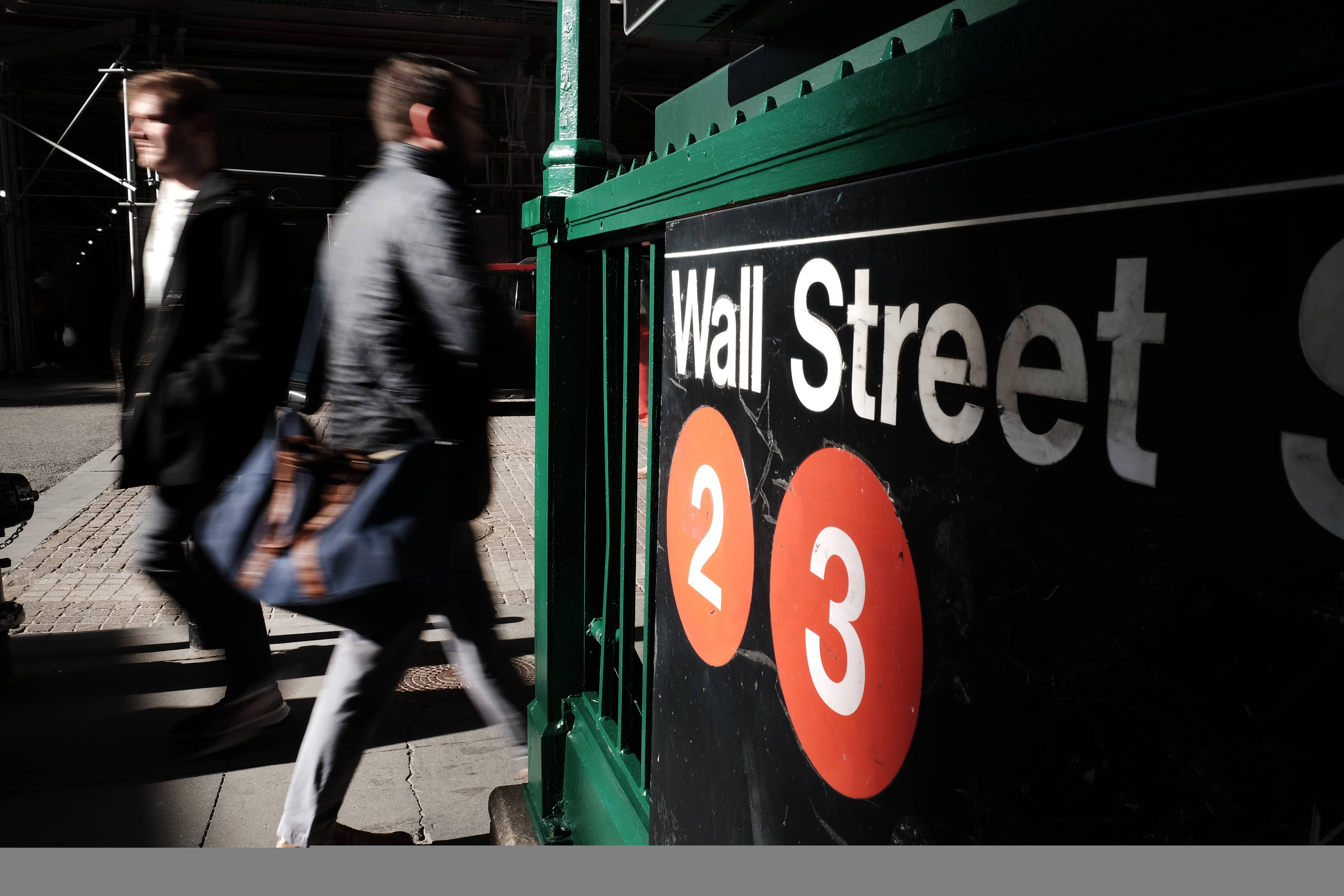Five Chinese companies have been ordered to comply with audit requirements by the US Securities and Exchange Commission (SEC) or face delisting from Wall Street.
The initial group of companies named on a list published by the SEC on Thursday, could soon be followed by all Chinese companies listed in New York, none of which are currently complying with US regulations in this area.
In total, some 248 companies are affected, with a market capitalization of about $2.1 trillion, according to an ad hoc committee.
The US Congress in 2020 passed a law specifically targeting Chinese companies under which the Public Company Accounting Oversight Board (PCAOB) must be able to inspect audits of foreign firms listed on US markets.
Mainland Chinese and Hong Kong companies are notorious for not submitting their financial statements to US-approved auditors.
The new law therefore puts them at risk of delisting, and its implementation comes at a time when Chinese authorities have expressed reservations in recent months about China-based companies listing in the US.
Failure to comply could result in delisting as of 2024.
The five companies named Thursday were the biotech companies BeiGene, Zai Lab and Hutchmed, as well as the semiconductor industry subcontractor ACM Research and the restaurant group Yum China.
Yum China, which controls KFC, Taco Bell and Pizza Hut and other eateries in China, surpasses the other companies by far in revenue and capitalization.
Born from the 2016 spin-off of the Chinese operations of US-based Yum Brands, Yum China has a market capitalization of $18.8 billion.
In early December, “China’s Uber,” Didi Chuxing, delisted under pressure from Chinese authorities, less than six months after its high-profile listing on the New York Stock Exchange.








